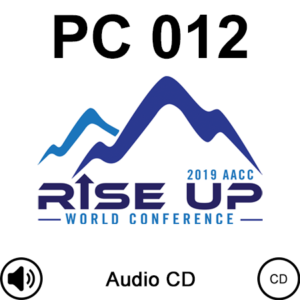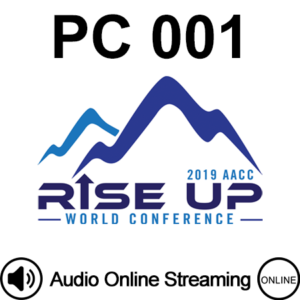Description
The younger generation, 13 to late 20s, are so different from fully matured adults that typical
adult treatment approaches are mostly ineffective. Successful outcomes in the treatment of
young adults and adolescents depend on understanding not only their differences from fully
matured adults, but also their differences from prior younger generations. When Nehemiah
was rebuilding the wall of Jerusalem, he placed families at the ???low points in the wall? to
protect the workers from attacks by those who wanted to destroy it. Nehemiah?۪s efforts would
have failed had he tried to defend and build one low point of the wall while leaving the others
defenseless. Most treatment approaches focus on one ???low point in the wall? ??? the addictive /
self-destructive behavior. But there are three vital battlefronts, or core systems, that must be
defended equally for long-term success: 1) self-destructive behaviors, 2) core underlying issues
that drive the behaviors, and 3) the family-cultural contexts in which the first two exist. Culture
floods this generation with unprecedented levels of different factors that create one of the
most difficult times in history to grow up. It includes a vast accessibility to drugs and alcohol;
multiple genres of free pornography, readily available 24/7, and easily kept secret; sexual acting
out behaviors; video-gaming; and a myriad of social media dangers. Most of the time the
struggle will be with several of these behaviors simultaneously. In addition, this cohort has
more underlying hurt, emptiness and hopelessness, as well as, more affluence and entitlement
than any generation in history. The result? Apathy, isolation, loneliness and a lack of grit.
Unfortunately, the connections that could counter-balance this scenario are lacking: strong
connections to family, the body of Christ, and healthy adults. This presentation discusses an
approach that effectively takes on all these issues from both a clinical and a church leadership
perspective.
Presented by: Adrian Hickmon, Ph.D.
Learning Objectives
Participants will:
- Name and describe the three core systems: the addictive/self-destructive behaviors, the core underlying issues, and the family/cultural contexts
- Apply information to assess the needs of people struggling in the three core systems and apply the approach to the therapeutic relationship and process
- Explore strategies in a church setting to triage and support families in the midst of struggles, as well as to design protocols for prevention of such





